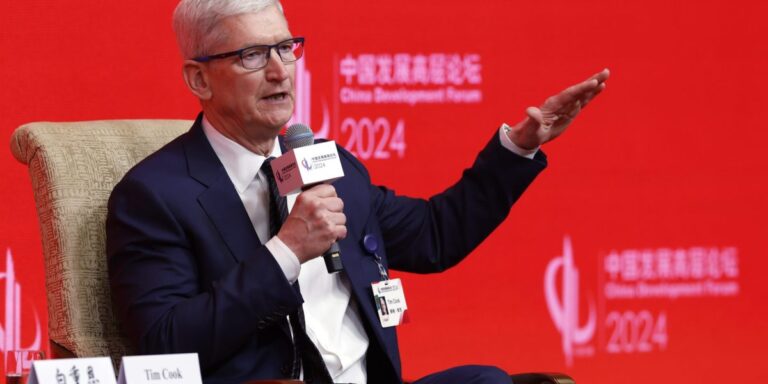Apple is doubling down on its Vietnam operations. According to state media reports, the company wants to expand its business relationships with Vietnamese suppliers. Earlier this week, Apple announced plans to expand its supplier network in Vietnam during CEO Tim Cook's two-day visit to the country.
Apple's decision to ramp up manufacturing in Vietnam coincides with the iPhone maker's long-term efforts to reduce its supply chain dependence on China. The process has been years in the making since pandemic-era supply chain disruptions caused many headaches for his Apple. The situation culminated in 2022, when the factory of Foxconn, one of Apple's major suppliers, was shut down due to a coronavirus outbreak and reports of poor working conditions during China's zero-coronavirus policy. It reportedly cost the company $1 billion a week in losses. Bank of America says the factory closures have left it with a shortage of about 6 million iPhones.
After this incident, Apple began pushing to move its supply chain to other countries in the region.
Currently, it appears that Vietnam has been designated as one of the countries in which it will strengthen its activities. Apple already manufactures some products in Vietnam, including Airpods and the Apple Watch. In December, Apple moved some iPad manufacturing from China to Vietnam. Some of Apple's major suppliers have also chosen to strengthen their supply chains in Vietnam, including Taiwan-based Foxconn and Luxshare, which makes iPhones and the recently launched Apple Vision Pro headset. Apple has invested $16 billion in domestic manufacturing capacity since 2019, according to state media.
Apple's change in policy reflects a broader U.S. reassessment of its trade relationship with China, which the U.S. considers unfair business practices. While Cook visited Vietnam this week, President Joe Biden welcomed the leaders of other Asian countries to the White House and promised closer ties amid rising geopolitical tensions around the world.
Trade relations between the United States and China have become increasingly strained over the past year, and the resulting uncertainty makes the prospects of relying heavily on China unfavorable. Both countries have made harsh public statements and implemented trade policies designed to undermine each other. The emergence of AI and a global chip shortage have led the US government to ban Chinese companies from accessing cutting-edge semiconductor technology. More recently, the United States and other Asian and European countries have accused China of oversupplying certain sectors of the market with cheap products aimed at undermining international competitors.
All of this comes against the backdrop of Apple's declining sales in China. By mid-February, iPhone sales in China were down 24% from the same period last year, with Chinese-made smartphones eating into Apple's market share. iPhone shipments fell 10% in the first quarter of this year as the Cupertino giant lost the world's number one smartphone spot to Samsung.

